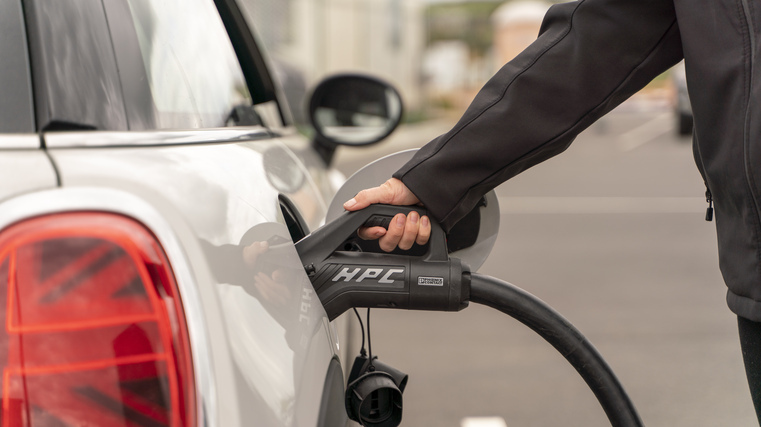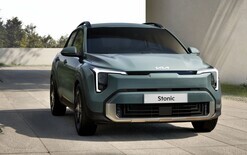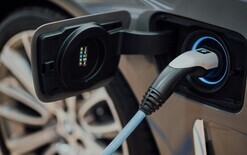CCD suffers $279m net loss

The government’s clean car discount (CCD) has paid out $279 million more in rebates than it has received in fees since it began operating in July 2021.
A new report from Waka Kotahi NZ Transport Agency shows rebates totalled $526m from July 2021 to the end of September 2023, while penalties on vehicles came to $247m.
The CCD provides car buyers a rebate when a vehicle is registered in New Zealand for the first time, providing it meets eligibility criteria and based on its emissions figures.
It was updated to a full feebate scheme in April 2022 with penalties charged for high-emissions vehicles.
The programme’s settings were readjusted at the start of July this year, meaning fewer vehicles now qualify for a discount and fees at the other end of the scale have increased.
Despite the gulf between the amount of money collected so far and how much has been paid out, the government has said the long-term goal of the CCD is for it to be cost-neutral.
A breakdown of the finances in the Waka Kotahi report shows $85m was paid out during the CCD’s first nine months of operation.
A further $355m in rebates was paid between April 2022 and June 2023 when the feebate system was in operation, during which period $194m in penalty payments was gathered.
For the first three months since the carbon dioxide (CO2) bands were adjusted, from July to September 2023, the numbers have been $86m in rebates and $53m in fees, a net deficit of $33m.
Average fee payments have increased to $2,860 since July 1, up from $2,080.
Waka Kotahi notes that as of the end of September, it had paid a total of 156,000 rebates to customers and charged 108,000 fees for vehicles.
About 95,000 vehicles first registered here since the feebate scheme was introduced have fallen into the zero band and attracted neither a fee nor a discount.
“Fee volumes continue to be higher post policy changes with 42 per cent of fees for the month [September] occurring on vehicles previously within the zero band of 147-191g/km,” the agency explains.
Falling emissions
Waka Kotahi’s monthly report on the CCD usually goes to government officials but the September version was proactively released as Prime Minister Chris Hipkins and David Parker, Minister of Transport, hailed the scheme for increasing electric vehicle (EV) uptake.
“In September we passed the 150,000 milestone, with 156,000 rebates paid to EV and hybrid customers since July 2021, when the scheme started,” says Hipkins.
“Electrified vehicles now make up more than half of all new vehicles and used imports registered in New Zealand.
“The climate benefits are all too clear – average emissions from newly-registered vehicles have dropped by nearly 33 per cent since July 2021.”
Other key figures from Waka Kotahi show the average CO2 rating of a rebate vehicle registered after July 1 this year is 65g/km, down from an average of 83g/km between April 2022 and June 2023.
Overall, the average CO2 rating of the country’s top five new vehicles is 170g/km, while for the top five used vehicles it is 87g/km.
“Hybrid, electric and plug-in hybrid vehicles continue to make up more than 50 per cent of monthly registrations,” the report continues.
“Thirty-eight per cent of hybrids registered are no longer eligible for rebates post July 1, 2023, with CO2 ratings above 100g/km.”
For the new sector, 47 per cent of vehicles registered from July to September this year have been electrified, up from 33 per cent in the April 2022 to June 2023 period.
The used market has also seen the proportion of EVs being registered increase from 48 per cent to 62 per cent over the same timeframe.





